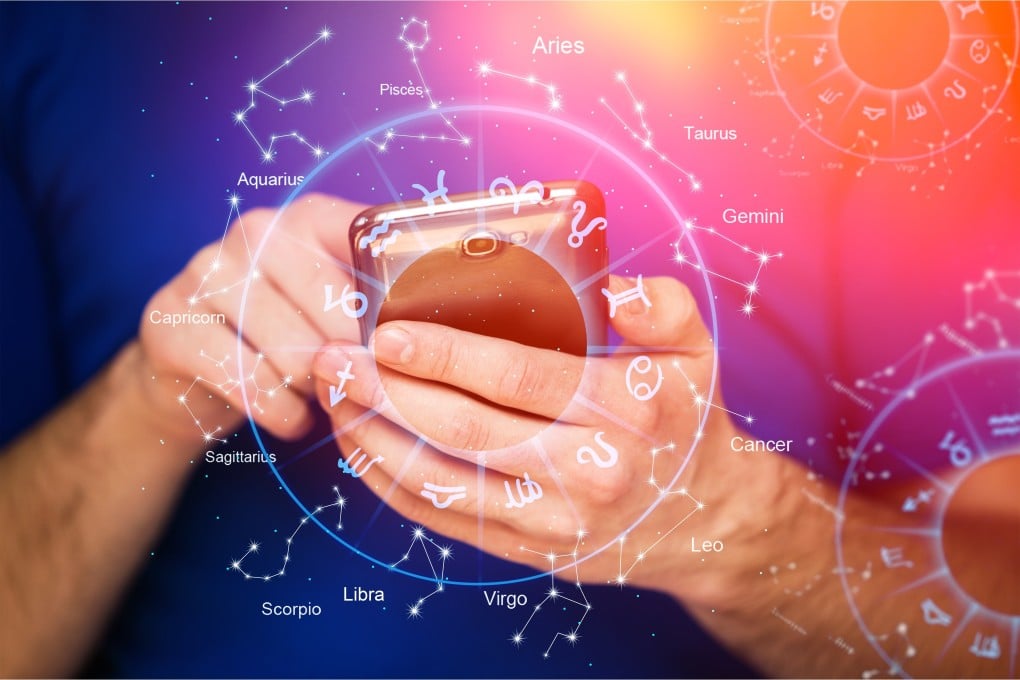How millennials and app culture turned astrology into a modern obsession
- Once dismissed as pseudoscience, astrology has been embraced by young people
- As it branches into apps, the practice has the potential to earn a lot of money in the ‘mystical services market’

The first thing the astrology apps did was shred me to pieces. Co-Star told me that I express love through work and routine, and that I am preoccupied with death. The Pattern told me that I have trouble with co-dependency, that others might see me as insensitive, and that I have dated emotionally unstable partners. Sanctuary told me I can be selfish, competitive and preoccupied with fears and doubts.
The apps are, regrettably, correct. Not only am I all of those things, I’m a Cancer sun, Sagittarius rising and an Aries moon. I found this out when I fulfilled a typical millennial trope: texting my mother to ask her what time of day I was born.
“It was early,” she replied. (Wrong. It was evening, we later determined.)
It was Co-Star that told me to text my mother, because the app needed the information to produce my natal chart, which uses the positions of planets and stars at the exact time of one’s birth. It produces horoscopes that some say are far more sophisticated than the generic “good luck in finance and love” you see in many newspapers and magazines.
Astrology is this incredible way of looking at a story about you. So your chart is a representation of different elements of yourself, or parts of your life’s journey
“Astrology is this incredible way of looking at a story about you,” says Ross Clark, chief executive of Sanctuary. “So your chart is a representation of different elements of yourself, or parts of your life’s journey.”
Amid the millennial self-care set, astrology is back. After the heady “What’s your sign?” spirituality of their parents’ youth, the practice receded to the edges of culture as a kooky space-filler in the newspaper, albeit one that was read devotedly.